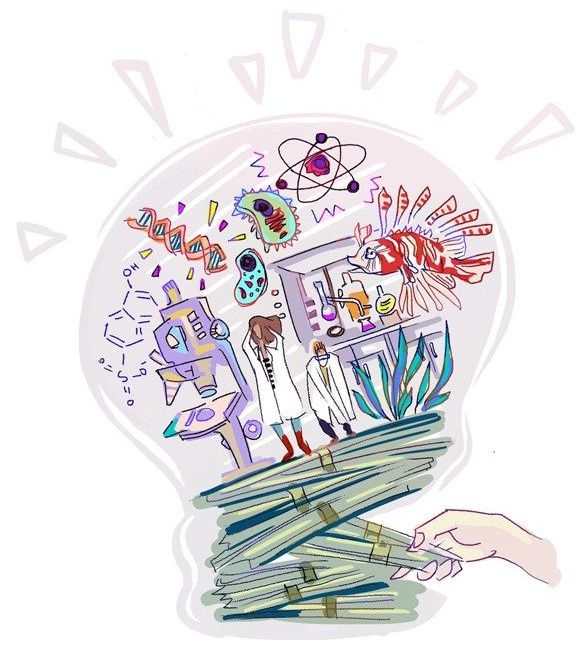Sometimes, being human involves tragedy: unexpected accidents can alter a person’s future, permanently changing how they need to approach their daily lives. Those with traumatic brain injuries suffer long-term mental and physical challenges, such as trouble with their working memory span, which can play a significant role in their education and longevity. However, if used properly, transhuman aids such as prosthetic limbs can provide solutions to human challenges.
Transhumanism, in a nutshell, is the idea that people can use technology to overcome biological limitations. Just as how we use rational means to improve our life experiences and the world around us, we can use such means to improve ourselves as organisms. It is simply a concept, not a tangible characterization of some futuristic cyborg.
There is reasonable fear that using such technologies would be tampering with nature. This is true. However, whether something is good or bad cannot be decided simply by asking whether or not it is natural. Plenty of natural things are horrible, such as diseases and parasites, where our moral interest is to intervene and improve these conditions. The question to ask is not whether the technology is natural, but rather, what are the various possible consequences that would arise from it, both desirable and undesirable, and the likelihood of each. People who are concerned that our species will stray too far away from what it means to be a ‘natural human’ forget how far we have already evolved as a species.
